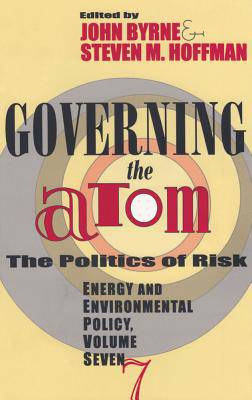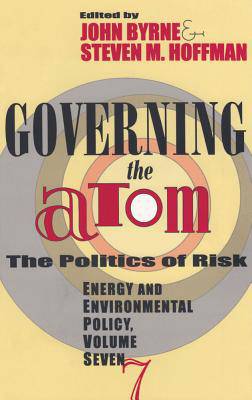
En raison d'une grêve chez bpost, votre commande pourrait être retardée. Vous avez besoin d’un livre rapidement ? Nos magasins vous accueillent à bras ouverts !
- Retrait gratuit dans votre magasin Club
- 7.000.000 titres dans notre catalogue
- Payer en toute sécurité
- Toujours un magasin près de chez vous
En raison de la grêve chez bpost, votre commande pourrait être retardée. Vous avez besoin d’un livre rapidement ? Nos magasins vous accueillent à bras ouverts !
- Retrait gratuit dans votre magasin Club
- 7.000.0000 titres dans notre catalogue
- Payer en toute sécurité
- Toujours un magasin près de chez vous
Description
Promoted as a form of limitless, low-cost energy without the polluting effects of its fossil fuel counterparts, nuclear power has enjoyed unparalleled support in several countries. Despite the development of an extensive set of policy and institutional mechanisms to foster its use, nuclear technology has been troubled by a wide range of problems and continues to pose risks many believe are far greater than society should accept. The legacy of failure ranges from catastrophic accidents like that at Chernobyl to the declaration of bankruptcy by the Washington Public Power Supply System. 'Governing the Atom' explores why support for the technology remains substantial. The first part of this volume examines the social institutions that have accompanied the development of nuclear power. The second part details the numerous accommodations which have been required of society, beginning with the technology's impact on communities and geographic regions particularly affected by mining and milling. The technology's inherent tendency towards "normal accidents" and the conflict between expert and public opinion on the dangers involved is examined, as are the on-going problems of waste disposal and decommissioning. The volume concludes with an examination of nuclear power developments in France, Germany, Russia and the Commonwealth of Independent States, Eastern Europe, Korea, and Japan. The volume provides a needed vehicle for the timely consultation and dissemination of current research on important energy policy issues. 'Governing the Atom' provides insightful commentary regarding the initiation and development of nuclear technology. It will be of interest to policymakers, energy and environmental experts, sociologists and historians of technology, and all those interested in the problem of democracy in a technological society.
Spécifications
Parties prenantes
- Editeur:
Contenu
- Nombre de pages :
- 312
- Langue:
- Anglais
- Collection :
Caractéristiques
- EAN:
- 9781560008347
- Date de parution :
- 30-11-95
- Format:
- Livre broché
- Format numérique:
- Trade paperback (VS)
- Dimensions :
- 164 mm x 229 mm
- Poids :
- 521 g

Les avis
Nous publions uniquement les avis qui respectent les conditions requises. Consultez nos conditions pour les avis.





